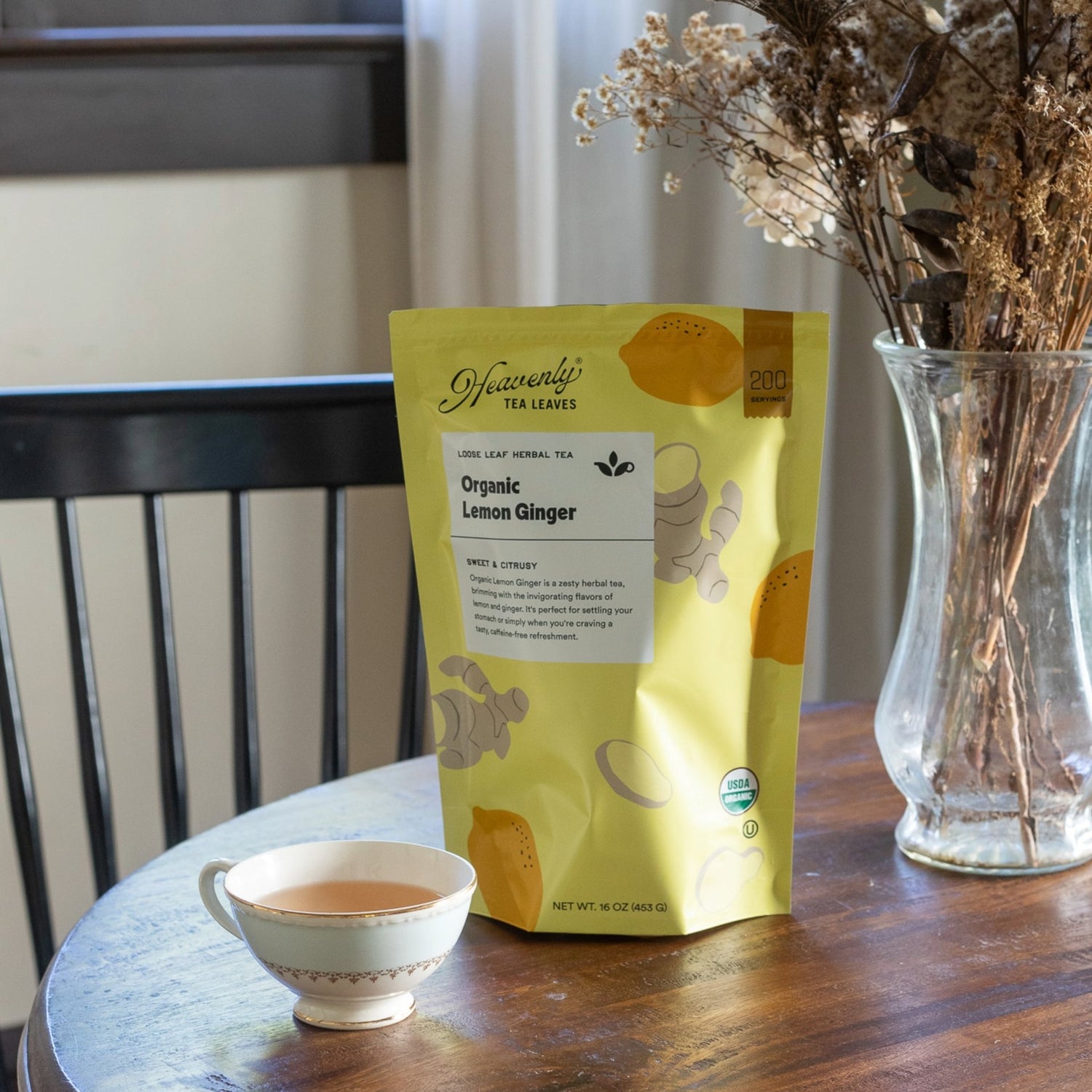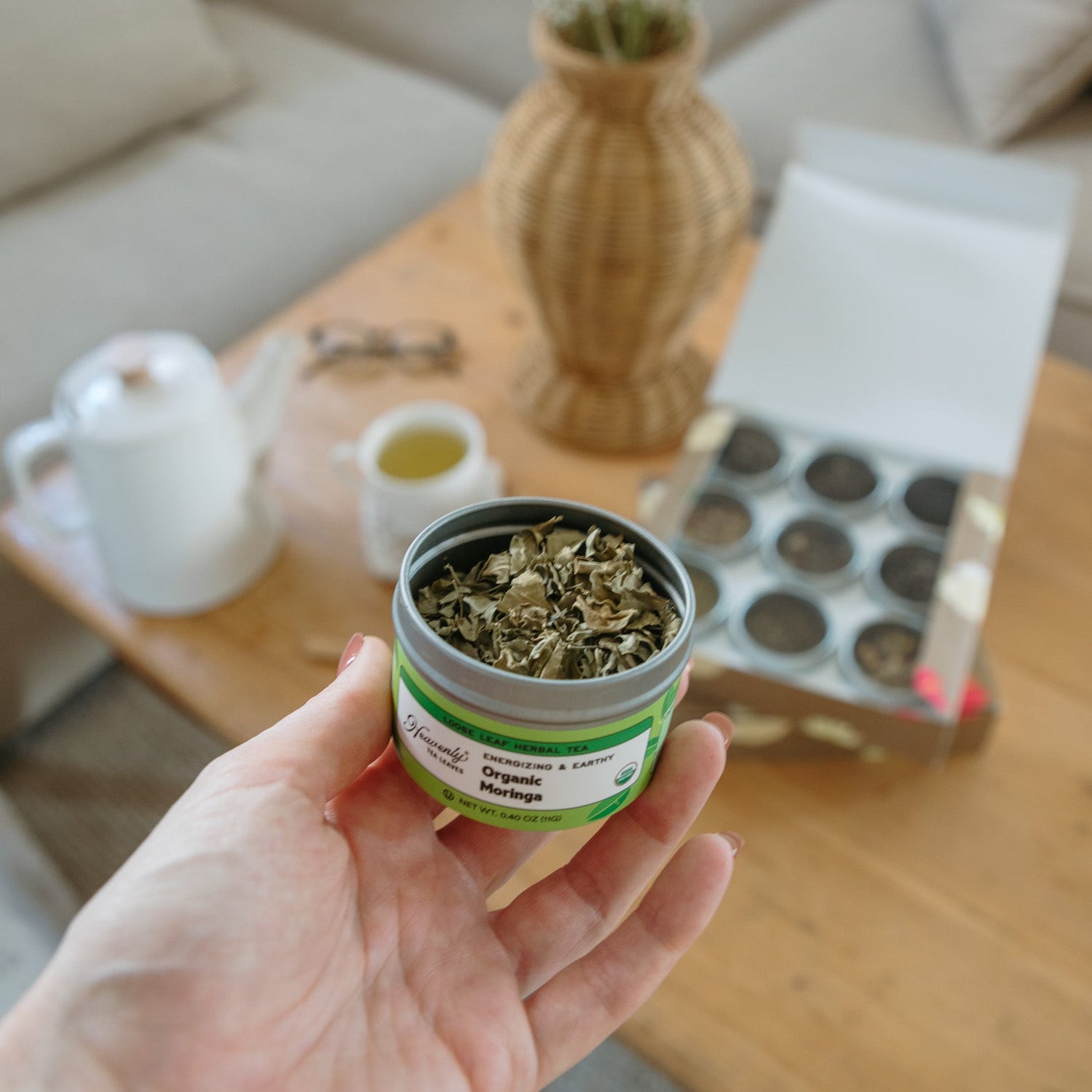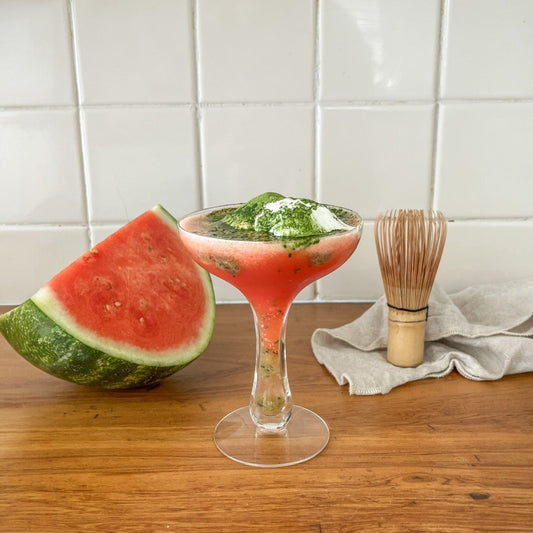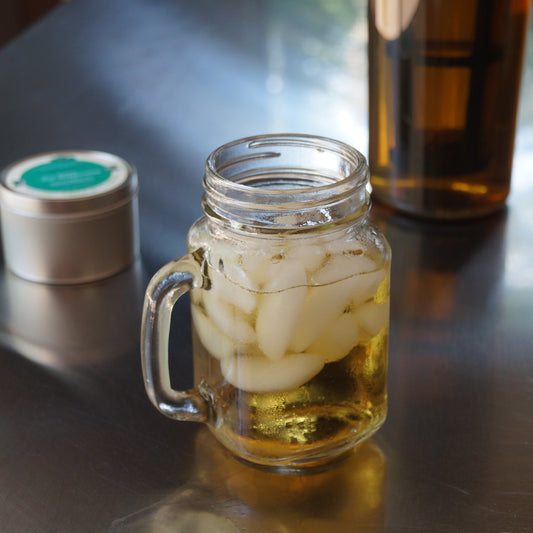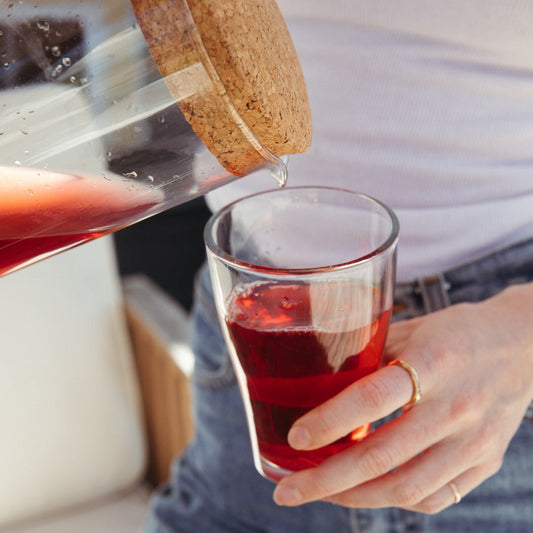While we can avoid stating the obvious in that the most critical part of brewing a great cup of tea is, well, great tea...there’s also something to be said for ensuring a perfect brewing process from top to bottom. But how?
At the most basic level, brewing is the act of using water to chemically extract the beautiful flavors within a tea leaf. The water can be room temperature or cold (hence: cold brew), or, more typically, hot. Of course, people have varying definitions of “hot.” Some of it is a matter of preference; there are those of us who can’t have a beverage unless it’s scalding hot, or just warmer than lukewarm (Who needs a mouth burn?). Still, beyond preference, the temperature of the water you use to brew tea, as well as its mineral composition, can make a huge difference in the final result. Let’s dig deeper.
A 2015 New York Times article pointed out that tea’s flavor is delicate and one should be careful not to burn tea or stifle the brewing process with a too-small infuser:
“The biggest mistake made in serving tea is water temperature, said Christopher Day, who runs the tea program at Eleven Madison Park. Water that is too hot can burn the leaves and spoil the flavor. Avoid putting tea in balls or infusers, since they are too small to allow the tea leaves to expand and release their full flavor. . . For iced tea, Mr. Beckwith recommends cold infusion, rather than the more common method of heating and then cooling the tea. Take one tablespoon of loose tea of any kind, put it in a pitcher of cold water, then leave it in the refrigerator overnight.”
Teas that burn easily comprise white, green (including matcha), and oolong varieties. Black tea can stand to be infused in true boiling water (212 degrees Fahrenheit or 100 degrees Celsius), but be weary of the delicate nature of others, which need not only lower temperatures, but shorter steeping times, lest they release bitter notes. Most herbal teas are similar to black teas in that they can withstand higher temperatures, however it’s best not to leave that to chance. Any gourmet tea package should provide you with instructions; for example, Heavenly Tea Leaves’ Blueberry Delight calls for boiling water and a longer brew time, as opposed to Mangoberry White, which just requires one to two minutes of brewing. As a general rule, the darker the tea leaf, the longer and hotter the brew and vice versa.
The kind of water you use may also be surprisingly important in the brewing process. According to The Spruce Eats, you want the water to taste as neutral as possible with a pH level that isn’t too high:
“Aside from fresh mountain stream water and good-quality bottled spring water, filtered tap water is generally the best option for brewing tea. Some neutral-tasting tap water may not even need to be filtered. . . Hard water should always be filtered for the best-tasting tea. However, if you bring it to just shy of a boil and you can still smell minerals, it's still too hard for tea. Consider using bottled water instead.” To sum it up: Filter out the extra minerals, look for minimal taste and odor to the water, and you’re good to go!
There are also other factors at play when considering water temperature in a brew. The tea blog It’s More Than Tea points out, “Polyphenols, which also contribute both flavor and health benefits, are extracted quickly, so you want to drink your first infusion and not throw it out in the mistaken belief that you can remove caffeine from your tea. Every infusion will draw out more caffeine, especially as full leaves unfurl. . . Conversely, you don’t want your water temperature too low because then your tea will be weak and flavorless, or lack the proper astringency.” Naturally, this only applies to teas that contain caffeine. However, astringency is always an element to be mindful of.
As the holidays come and go and we expect to enjoy a winter that will have us home, indoors, more than usual, now is the perfect time to ramp up our tea skills and learn how to make not just a good cup of tea, but a perfect one. With your choice of gourmet loose leaf tea from Heavenly Tea Leaves, you’ll be able to master the ideal water type, temperature, and steeping duration for your best brew yet.
P.S. If you're new to brewing tea or just want to spruce up your skills, check out our beginner's guide on how to brew loose leaf tea or our help page.